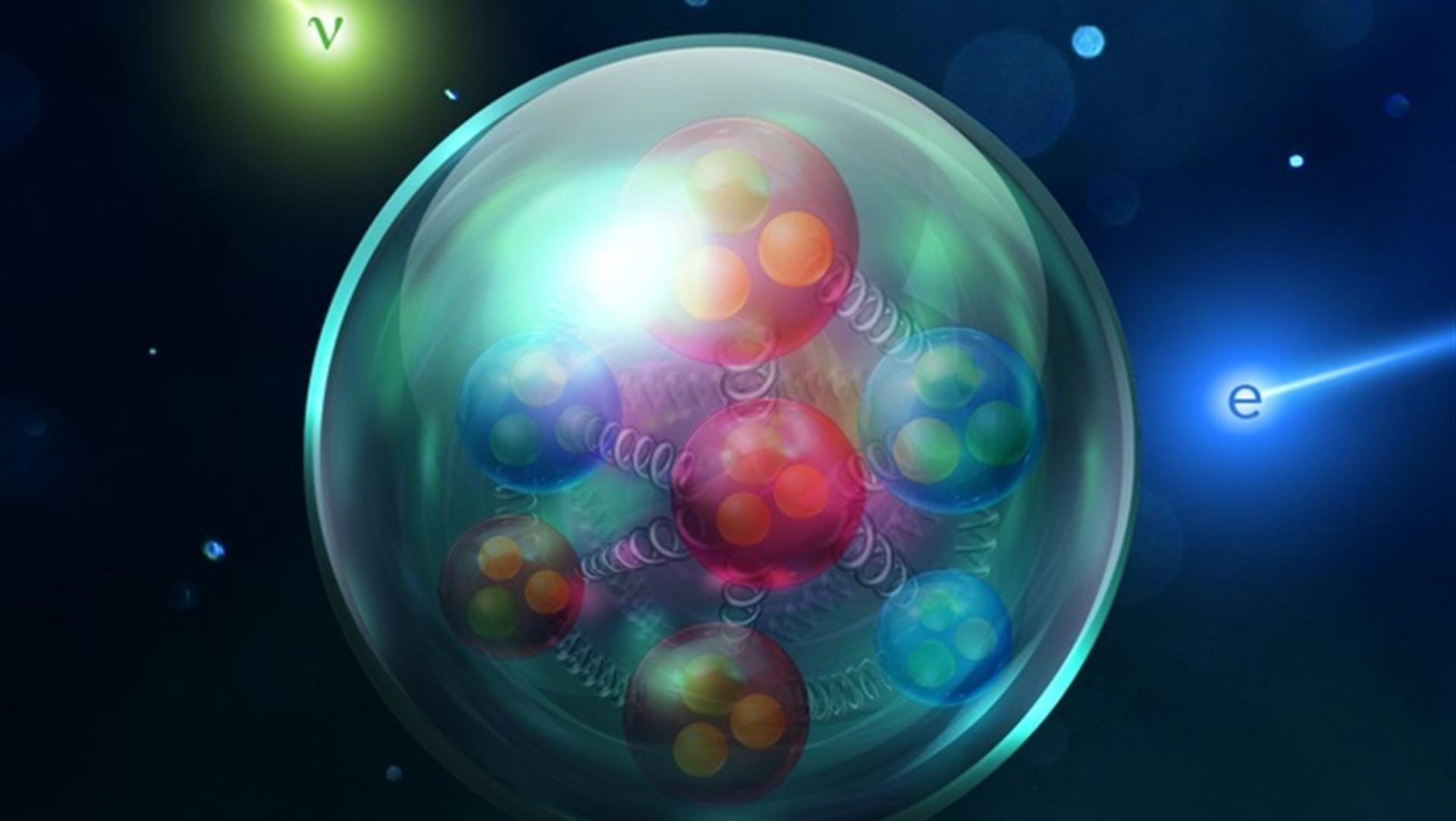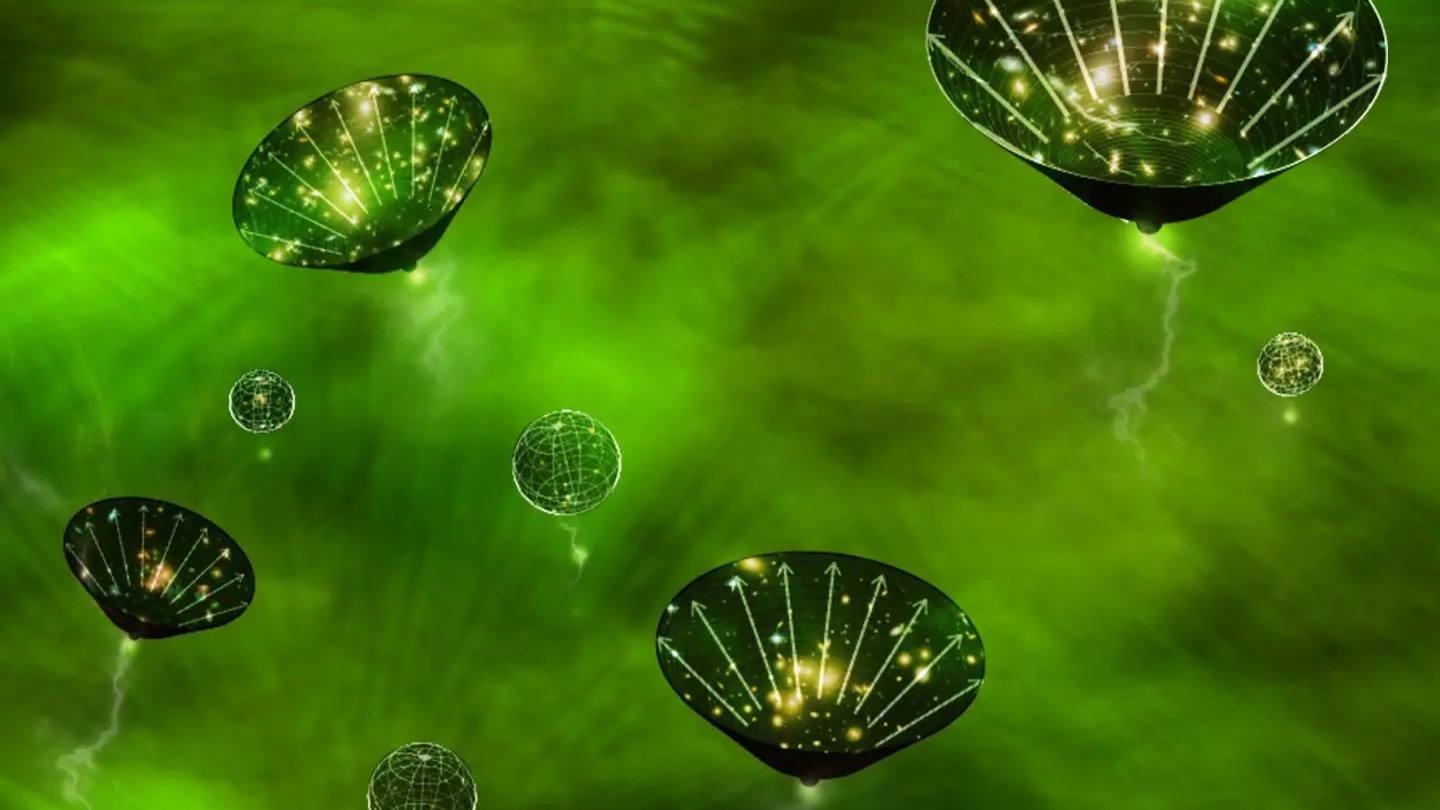Alexander says stereotypes about scientists must break down.
There’s some things we just appreciate. We appreciate our sports stars, for example, I mean, we appreciate their greatness. We appreciate what we see- as an appreciation. And also there is, you know, an identification, an identity that we have also with movie stars, let’s say, or you know, we have this- so I think just an intrinsic appreciation for science as something that we normally do, and that’s something we are anyway. I mean, there’s a great saying by Absolom, Nobel Laureate, who said- I think he said- “The common heritage of mankind is scientific thought.”- something along those lines- scientific inquiry, rather. So I think that, you know- and first and foremost for me, I think, a big part of that literacy that I think is- my opinion is that it’s lacking- is just a basic appreciation at the level of- this is part of our culture, because it is. And also, you know, we talk about breaking down the barriers of how scientists versus who’s cool and who’s not cool- stereotype. I think that the minute those barriers are- I would say the minute we take advantage of the opportunity that a scientist can also be a rock star, or a rock star could also be really interested in science, and that’s okay. You know, the same way Herbie Hancock, you know, a great musician for example, might like to play around his electronics- or Brian Eno, a friend of mine, would like to, you know, extend ideas of modern physics into his musical creation that might turn out to be a number one hit. Or the same way Kanye West might, you know, use very advanced electronic devices to make top-notch beats, or Timberland- you know, once these things just become more commonplace, I think science will- we will just naturally become more literate in science, because it’s intrinsic to us.
Question: Which presidential candidate is the best for science?
Stephon Alexander: You know, I don’t know much about sort of the- a lot of the political players, specifically- I mean, I do have, for example, there’s one person I do- I’ve known for a long time, I’ve known his work- especially in New York City- he’s a Representative in northern Manhattan- his name is Mark Levine. He was like a physics major in college and he could have completely gone on to become a great physicist, but he decided to, you know, get into public service and, you know, he will run for City Council soon, and he is someone that, for example, sees the value of a more literate public, appreciative public, of science. And also that you can easily study science, but you can do other things and be very useful to what you do. And it’s never too late to become a scientist, for example- that’s what I really believe.
Question Do we need more science in our primary education system?
Stephon Alexander: I don’t think it’s- yeah, I think, from what I’ve seen, you know, for example, visiting primary schools and high schools and K through 12s, over the years, is that I think we need to continue to relate the world after school that these kids experience to what’s- to science that they learn in school. So- and we also need to show these kids that- like role models- scientists that look like them, that act like them, maybe, or- you know, you could be a brilliant potential scientist as a young person, but you may not necessarily have the personality traits, that stereotype, that a scientist should have, or you see on the movies. And I think that these things are slowly changing, but the more we start breaking down the- what a scientist looks like, acts like, thinks like, the better job we’ll do at the level of primary school. Mind you, of course, resources, and we need to keep putting the resources in there. One thing, actually, I did learn recently was that Barack Obama, when he was- he did research for some law professor when he was at Harvard- where he sort of was, you know, the student that was leading the project for this professor, and they connected Einstein’s theory of general relativity to the legal sphere. And apparently that paper is out. So, I found that really interesting that, you know, he had to go and teach himself a little bit of- appreciate general relativity- to help this professor write this paper. So, I’m hoping that, you know, candidates like himself, as they continue on in office at that high level, would actually start investing into science literacy, because it’s very- I mean, it’s so important that we are not just, if you wanna say, recipients of science, but also, in our own ways, contribute to science.





